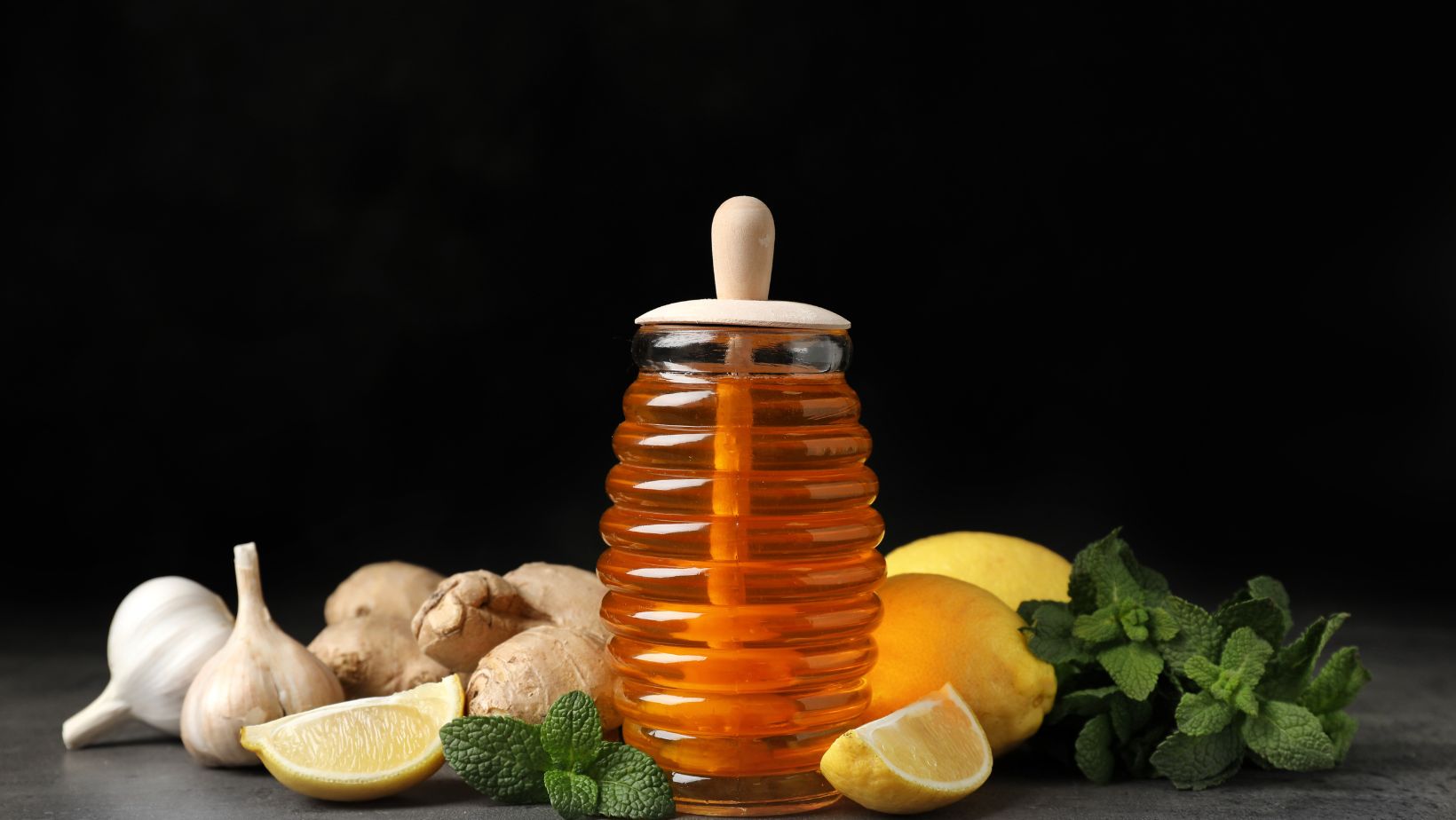
In the quest for wellness, many are turning their gaze towards the wisdom of the East, where natural remedies have flourished for centuries. These ancient practices, rooted in a deep understanding of nature’s bounty, offer a holistic approach to health that harmonizes the body, mind, and spirit. From the lush landscapes of India to the serene gardens of Japan, each culture brings its unique blend of herbs, spices, and techniques to the table, promising healing and rejuvenation.
Exploring these natural remedies not only uncovers the secrets of Eastern healing but also invites a more sustainable and mindful approach to healthcare. As more individuals seek alternatives to conventional medicine, the allure of Eastern natural remedies grows, offering gentle yet effective solutions to a myriad of health concerns.
Natural Remedies East
Historical Context of Eastern Medicine
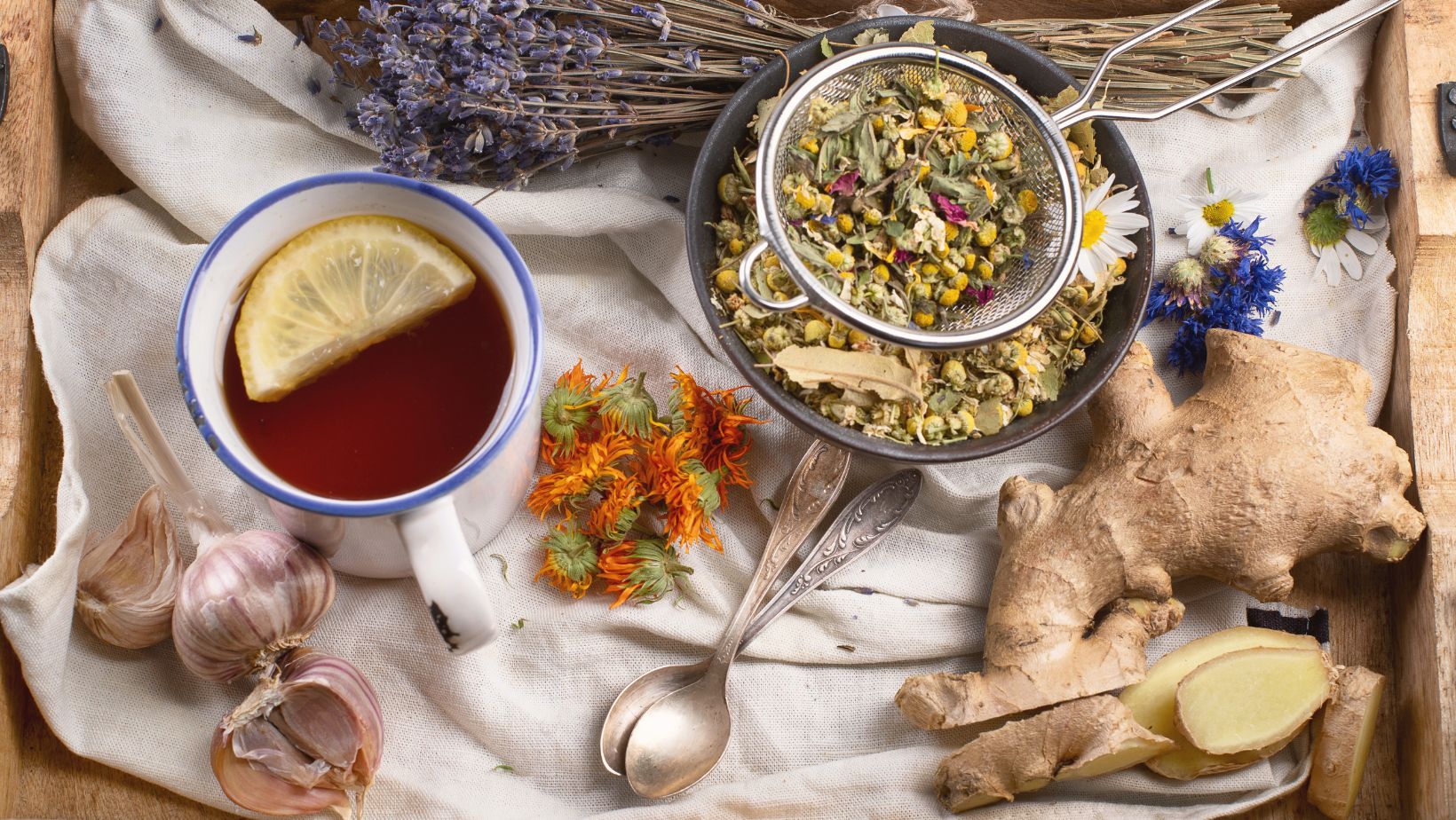
Eastern medicine, with its rich history spanning thousands of years, integrates a comprehensive understanding of the human body, mind, and spirit. Cultures across Asia, including China, India, and Japan, have developed their unique systems of natural remedies and practices. Traditional Chinese Medicine (TCM), for instance, dates back to the Shang dynasty, around 14th to 11th centuries BCE, and focuses on restoring the body’s balance through a variety of natural remedies and techniques such as acupuncture and herbal medicine. Similarly, India’s Ayurveda, a system of medicine with historical roots in the Indian subcontinent, is based on the concept of balancing bodily systems using diet, herbal treatment, and yogic breathing.
Key Philosophies and Approaches
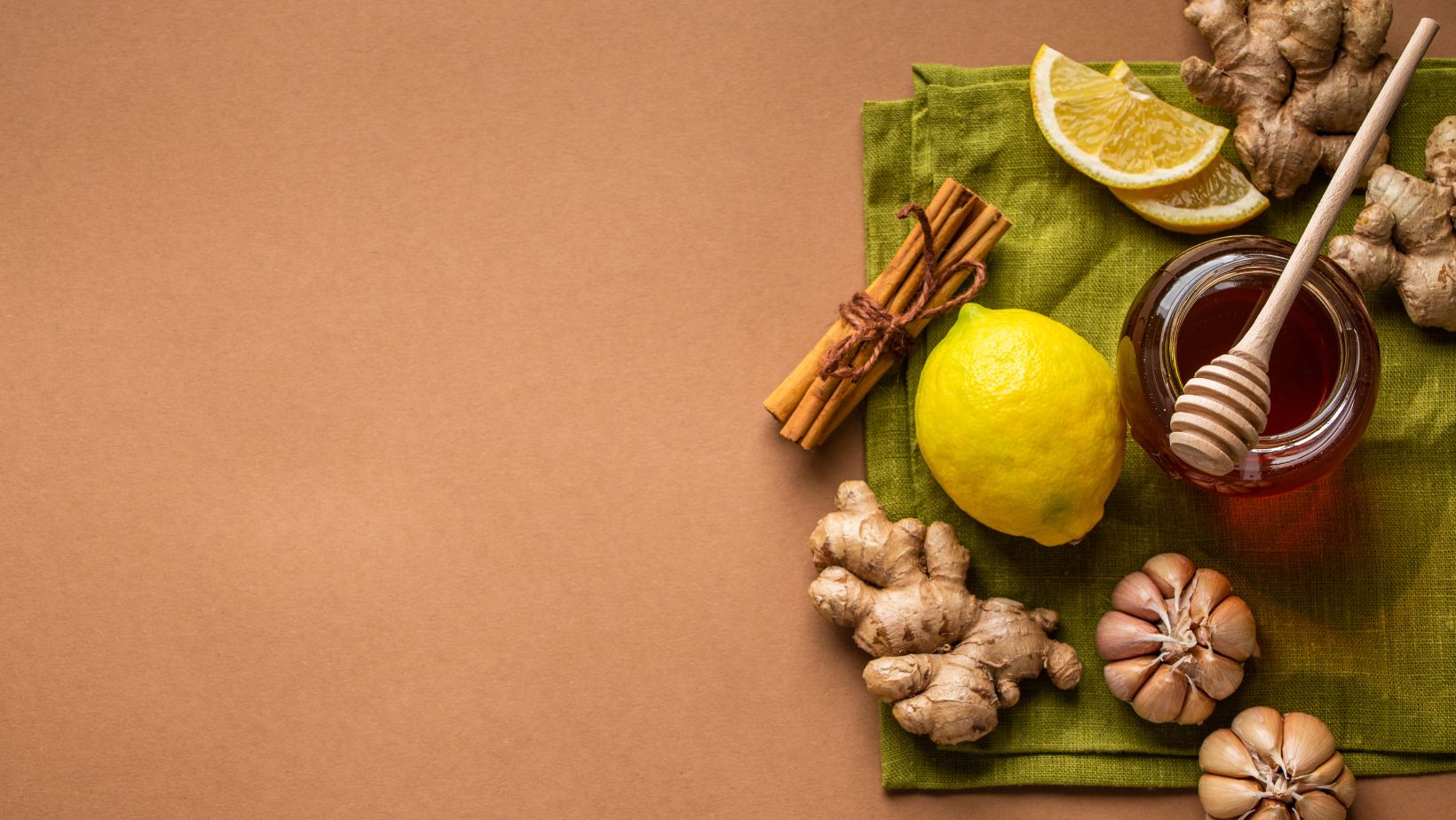
The philosophies underpinning Eastern natural remedies revolve around the concept of harmony and balance. For example, TCM is founded on the theory of Yin and Yang, which asserts that health is achieved through the balance of opposing but complementary forces. Ayurveda identifies three fundamental bodily doshas (Vata, Pitta, and Kapha) that influence individual health, advocating for a personalized approach to diet and lifestyle based on one’s dosha balance. Additionally, the principle of Qi, or vital energy, is central to many Eastern practices, where the aim is to optimize the flow of Qi through the body to ensure optimal health.
Popular Natural Remedies in Eastern Traditions
Herbal Treatments and Their Uses

In Eastern traditions, herbal treatments stand out as a cornerstone for natural remedies. These traditions employ an extensive array of plants, roots, and herbs, each holding specific healing properties to treat various ailments. For instance, in Traditional Chinese Medicine (TCM), Ginseng serves as a powerful tonic to boost vitality and support immune function. Similarly, Turmeric, revered in Ayurvedic medicine, is known for its anti-inflammatory and antioxidant effects.
Acupuncture and Energy Flow
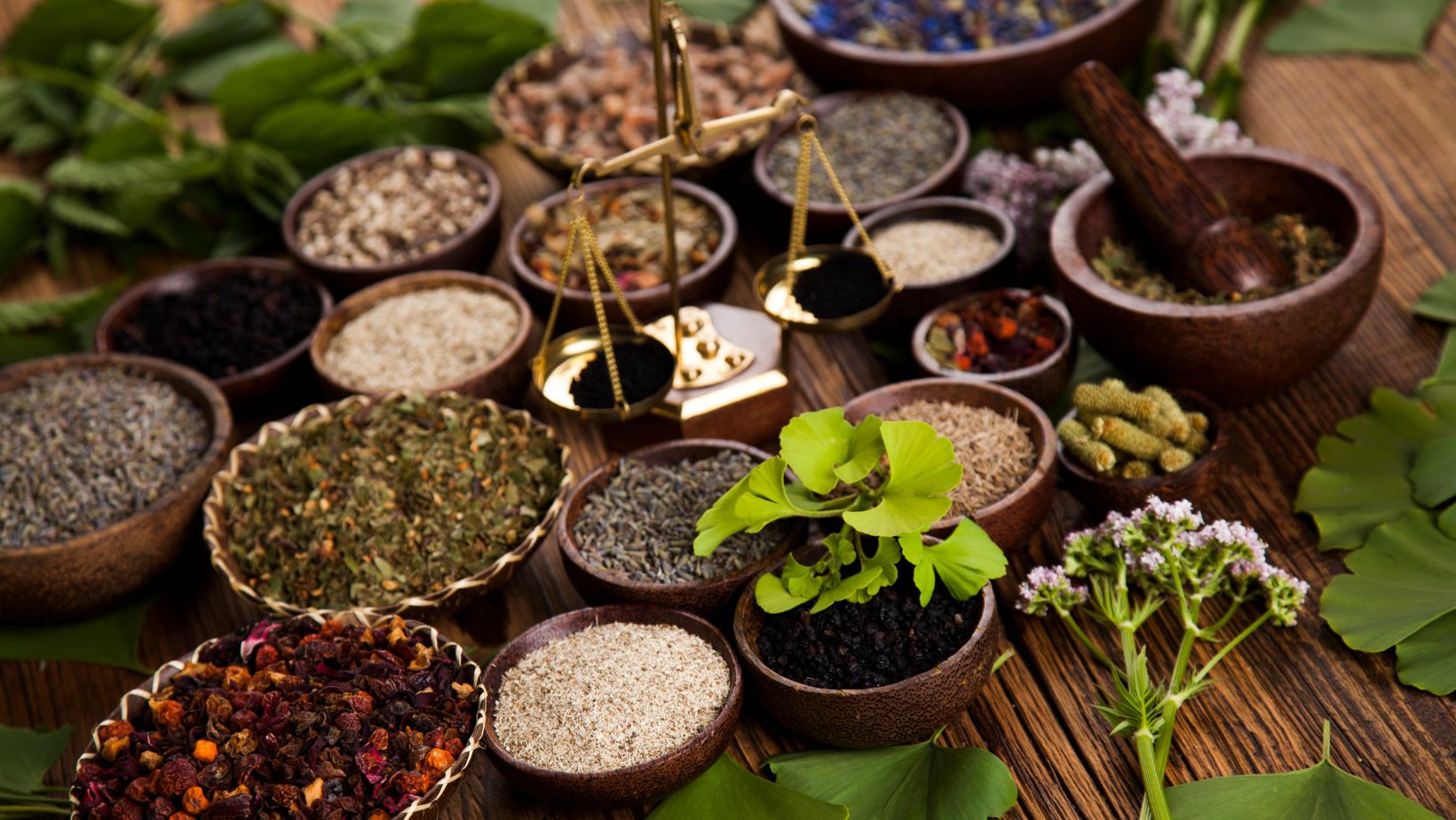
Acupuncture, a key component of TCM, involves the insertion of fine needles into specific points on the body to manipulate the flow of Qi, or life force. This practice aims to restore balance and ensure the smooth flow of energy, thereby promoting health and well-being. Acupuncture is utilized to treat a wide range of conditions, from chronic pain to stress and anxiety. Its effectiveness lies in its ability to stimulate the body’s natural healing responses, making it a popular choice for those seeking alternative treatments that work in harmony with the body’s inherent systems.
Meditation and Mindfulness Practices
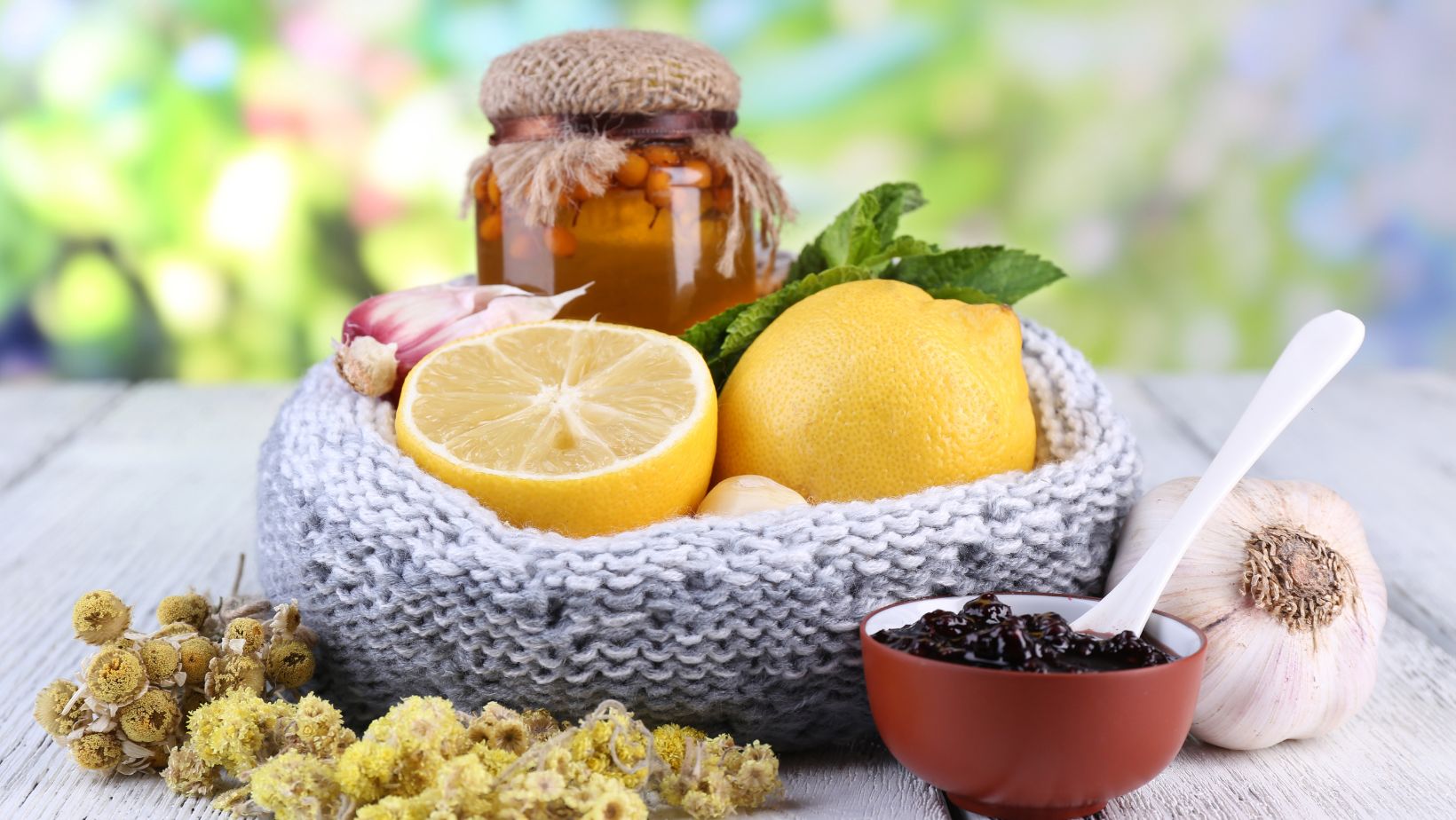
Meditation and mindfulness practices, deeply embedded in Eastern traditions, offer a pathway to mental and emotional well-being. Techniques such as mindfulness-based stress reduction (MBSR) and yoga originate from these ancient practices, highlighting the importance of the mind-body connection. Meditation fosters a state of calm and clarity, reducing stress and enhancing overall health. Mindfulness practices, on the other hand, encourage living in the present moment, which can lead to reduced symptoms of anxiety and depression. Together, these practices embody the holistic essence of Eastern natural remedies, promoting healing from within and contributing to a balanced and healthy lifestyle.
Scientific Perspectives on Eastern Natural Remedies
Clinical Trials and Studies
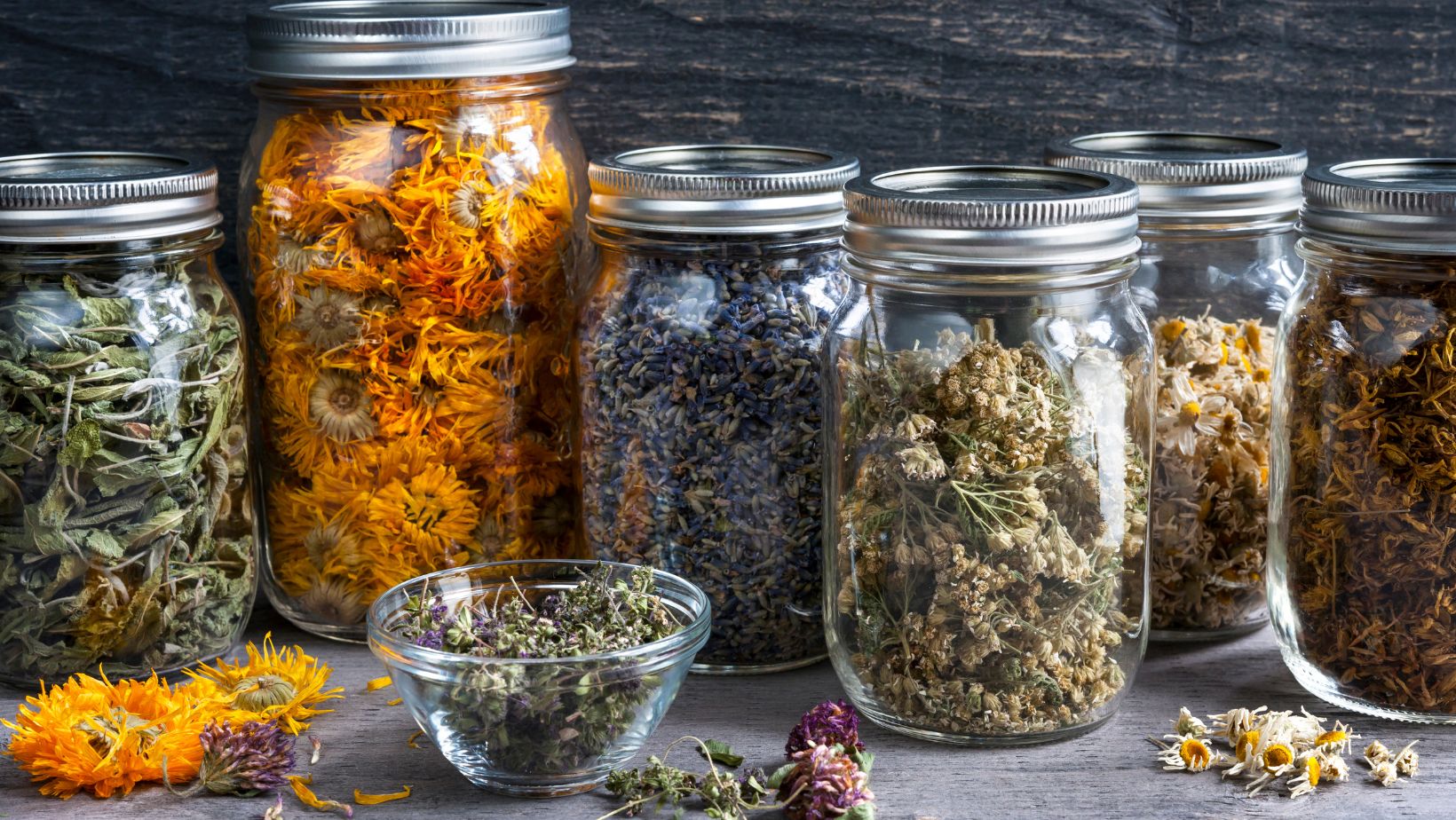
Clinical trials and studies on Eastern natural remedies have played a crucial role in validating their efficacy and understanding their mechanisms of action from a scientific perspective. Researchers have investigated a variety of treatments, including herbal formulations from Traditional Chinese Medicine (TCM) and Ayurveda, acupuncture, and meditation practices, to determine their potential health benefits. For instance, numerous studies have focused on Ginseng and Turmeric, two herbs frequently used in Eastern medicine, revealing their anti-inflammatory, antioxidant, and potentially anti-cancer properties. Moreover, clinical trials on acupuncture have demonstrated its effectiveness in pain management and treatment of chronic conditions such as arthritis, backing the TCM principle of Qi manipulation for health improvement.
Safety and Efficacy Concerns
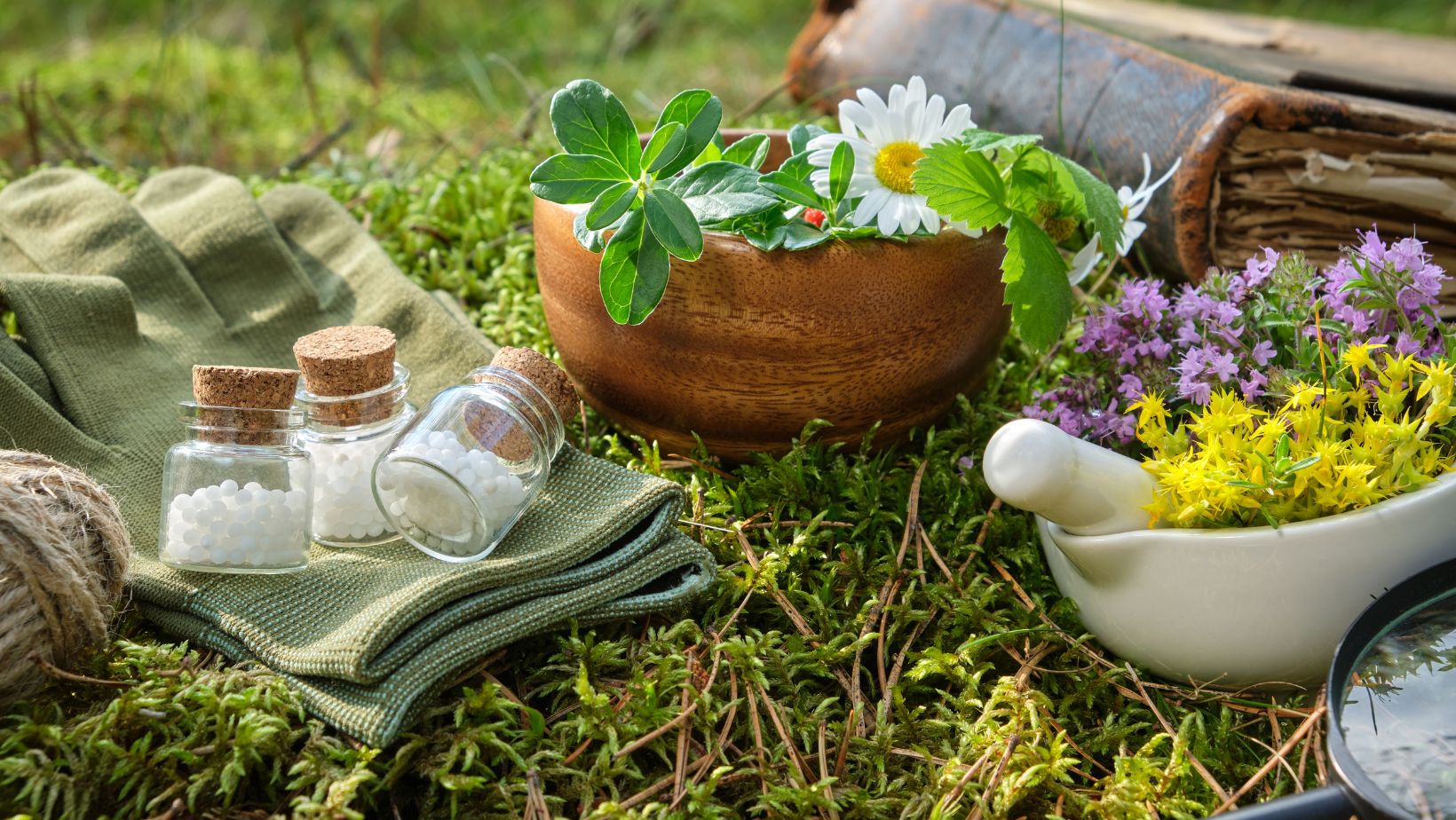
Despite the increasing acceptance of Eastern natural remedies in the West, concerns regarding their safety and efficacy remain. The absence of standardization in herbal formulations can lead to variability in product quality and potency, posing challenges for clinical evaluation and safety assurance. Additionally, interactions between herbal treatments and conventional medicine have raised concerns, necessitating cautious use and proper guidance from healthcare professionals. Regulatory bodies, such as the FDA in the United States, have started to address these concerns by establishing guidelines for the use of herbal supplements, though the oversight remains less stringent compared to conventional medications. If you want to know how to safely use these medications and supplements, we recommend checking out Karlee Glickman‘s social media profile.
